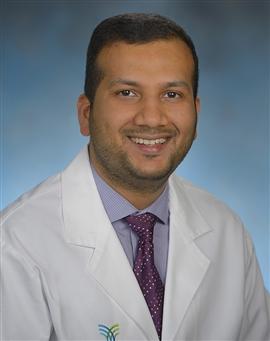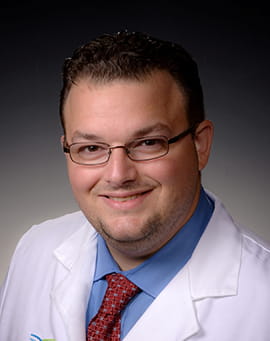Well Ahead Philly
Human care helps save lives
Colorectal cancer can be prevented. Screening tests like colonoscopy can find and remove precancerous polyps (abnormal growths) before they turn into cancer.
Prevention is possible.
Adults should begin screenings for colorectal cancer at age 45. Your doctor may recommend beginning screening earlier if you are at increased risk for colorectal cancer based on factors such as your personal and family history of colorectal cancer or colon polyps that can become cancer.
Can I manage my risk of developing colorectal cancer?
Sure! In additional to regular screenings, here are some simple lifestyle changes you can make to help reduce your risk of developing colorectal cancer, including:
- Eat low-fat, healthy foods. Eating healthy foods—fruits, vegetables and whole grains may help reduce your risk of developing colorectal cancer. Additionally, limit your intake of red and processed meats, and instead choose lean meat, poultry and fish to help lower your risk.
- Exercise regularly. Even 20-30 minutes of moderate daily exercise—such as walking, yoga or climbing stairs—may help reduce your colorectal cancer risk.
- Maintain a healthy weight. Together with eating healthy foods and exercising regularly is maintaining a healthy weight. By managing your weight through healthy eating and exercise, you can lower your risk of developing colorectal cancer and other serious health conditions.
- If you drink alcohol—drink less. Excessive use of alcohol can lead to the development of chronic diseases and other serious problems. Low level drinking is less risky than heavy or binge drinking.
- If you smoke—QUIT. Smoking may increase the risk for developing colon cancer. It's never too late to quit. Not only can quitting smoking reduce your risk of colorectal cancer, but it may also add up to 10 years to your life. Main Line Health's SmokeFREE smoking cessation program, a free, 6-week program to assist tobacco users and vapers wanting to quit.
Should I consider cancer genetic testing?
Cancers can "run in the family" because of inherited genes, shared environmental factors or some combination of these. People with a history of colorectal cancer in a first-degree relative (parent, sibling, or child) are at increased risk. The risk is even higher if that relative was diagnosed with cancer when they were younger than 50 or if more than one first-degree relative is affected.
A strong family history may indicate you need to begin colorectal cancer screening earlier than the typically recommended age of 45, and you may need to be screened more frequently. If you think you are at risk for an inherited disease, talk to your doctor. They may suggest genetic testing and counseling if your family has a certain pattern of disease.
Screening is key.
Your best bet for preventing colorectal cancer is talking to your doctor about how to assess your risk, and how you should plan your screenings.
Featured experts
Sumedh D. Kakade, MD
Colorectal Surgeon
Philip Y. Pearson, MD
Colorectal Surgeon
Henry P. Schoonyoung, MD
Colorectal Surgeon


